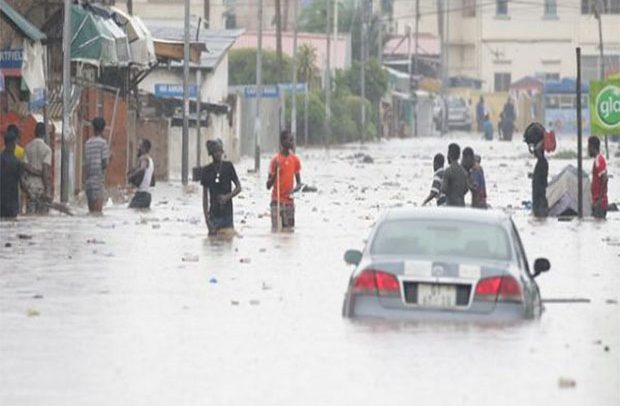The relevance of climate change to local and indeed global circumstances cannot be marginalised or ignored.
As a global reality, we are all enduring the effects of the extremes of drought and rainfall, the outcome of climate change for which humankind should be held responsible, of course.
In Ghana, it seems the subject is largely limited to academics, far removed from those suffering from the changed order of nature in all its ramifications.
The global weather pattern of a century or even forty years ago differs largely from today’s and the change, still counting, unless sincere and drastic interventions are applied globally.
The germane state institutions responsible for spreading the word about climate change and what to expect as its fallouts, should be primed with the required logistics to reach out to all and sundry about the subject.
The last two destructive rainfalls which visited Accra with a vengeance should tell us about a changing global climate phenomenon.
Countries which are on the frontline of the changing global weather pattern such as Australia understand the subject better. We too, have started witnessing this reality.
For those who do not know what Hurricane Katherina or El Nino, among other weather patterns are, the recent rains as they came with their devastative impacts on our lives, should tell us something in that direction.
Imagine the unusual drought which has hit some parts of the world resulting in livestock fatality and threatening famine in the affected areas even as on the contrary others are enduring torrential rains, destructive in nature.
It is time Ghanaians started appreciating the importance of weather science and keeping abreast with forecasts and relevant information from the Ghana Meteorological Agency (GMA).
In technology-driven societies, residents update themselves regularly with weather updates, not so in Ghana where we hardly do so.
There have been a few years when farmers, expecting normal rainfalls and therefore committing all their seeds into the soil, ended up burning their fingers because of their dearth of knowledge about where to seek weather information.
With improved technology, the GMA is more primed today to forecast the weather than it was decades ago which is why its relevance to national development vis-a-vis food security is disregarded to our peril.
During a two-week capacity strengthening and stakeholder consultation programme on climate research for Africa in Accra, a deputy director and head of research in Applied Meteorology at the GMA, Francisca Martey, counseled Ghanaians about more rains as the season has not peaked yet.
Of course, if the season has not peaked yet and we have started witnessing such magnitude of torrential downpours, we must brace ourselves for tough days ahead.
When we begin embracing weather science, especially farmers, we would have started our journey towards securing our food production locally, a departure from the current order of uncertainty about rainfall volumes and consistency.


